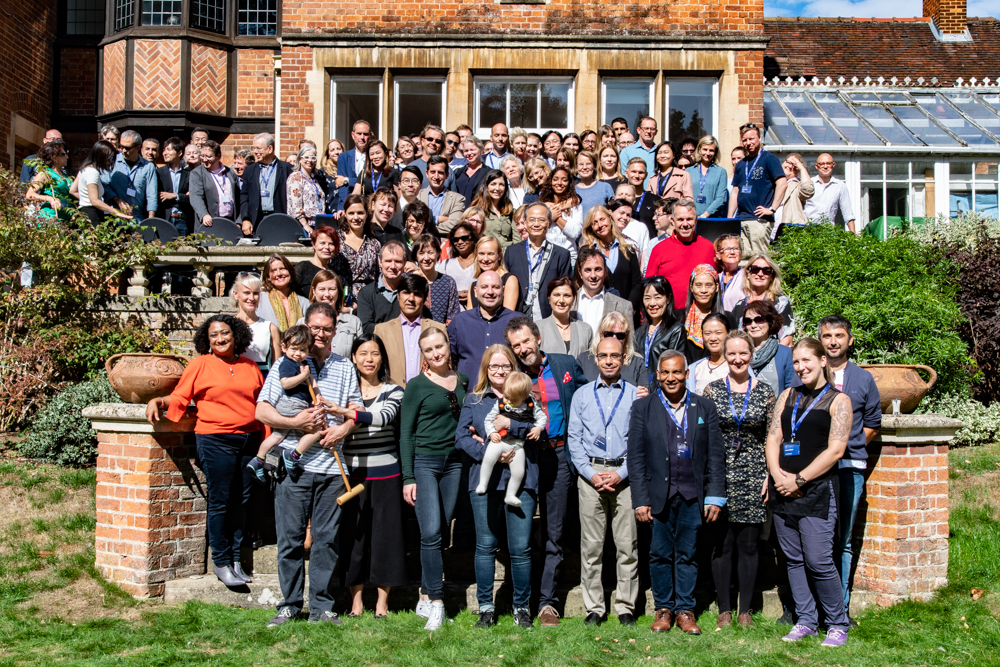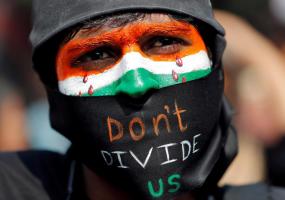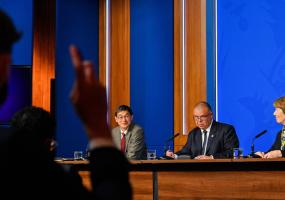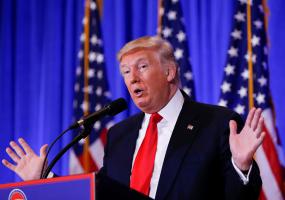Celebrating our Journalist Fellows for World News Day

Journalism faces a huge range of challenges – the disruption of advertising-led business models, the spread of misinformation, and the growing tendency of many governments to attack journalists as a way of deflecting criticism.
But this is not a moment for despair. Journalists are also raising their game, using the new tools at their disposal to speak truth to power, and to make sure stories reach the people they need to.
The Reuters Institute for the Study of Journalism is incredibly proud of the journalists who have joined its fellowship program and, on World News Day (28 September 2019), it is worth highlighting, and celebrating their achievements.
Among our alumni, Luke Harding in the UK and Yasuomi Sawa in Japan were both part of the original reporting team that broke the Panama Papers stories, taking data journalism to a whole new level.
And in Botswana Alvin Ntibinyane used satellite imagery to confirm that the country’s then president had used public funds to build a huge private residence outside the city. His INK Centre for Investigative Journalism continues to break stories of corruption and abuses of power, delivered in multimedia formats.
Journalism still plays a crucial role in shining a light into darkness. Soutik Biswas is on the ground for the BBC in Kashmir, writing clearly about how communities are struggling amid internet shutdowns and draconian curfews.
In India Supriya Sharma gives voice to the voiceless through her fearless reporting, published in the digital born website Scroll.In, where she is Executive Editor.
But it is also clear that journalists are being asked to work under almost intolerable pressure, to continue to report while facing down death threats and court cases. What is amazing is that they do.
Juliana Fregoso in Mexico carried on reporting on organised crime in a country where twelve journalists have been killed this year alone for doing their jobs.
In Ukraine, Sevgil Musayeva-Borovyk continued to put her paper together after one of her reporters was killed by a car bomb.
Kemal Göktaş still writes about human rights abuses in Turkey, even after his editor and colleagues were jailed. He has just started a podcast to give younger reporters a new platform for their work.
Even as journalism comes under attack, journalists redefine their roles, and find new ways to keep reporting on their communities and to get the story out. But they can’t do it alone. To carry out their jobs, journalists need needs good laws that defend free speech and prosecute those who attack them. They need viable business models and access to the right technologies. But they also need solidarity, support and a space for conversations and debate. And that is what the Reuters Institute can provide.





